
Your ultimate guide to essential vitamins for skin
Research suggests that vitamins play a pivotal role in maintaining the youthful glow of your skin. That being said, popping a vitamin tablet or just maintaining a clean diet will not cut the requirement. One needs a holistic approach where lifestyle changes and massaging your skin with a concoction of multivitamin-infused creams can prove to be the most effective way to preserve your picture-perfect skin.
No wonder flawless glowing skin is a paradigm of health for most people out there. But how do we achieve this?
The simple answer is to incorporate vitamins for skin!
We mean science suggests that when your diet is laced with good nutrients like fatty acids, minerals, and vitamins, it can improve your skin's appearance. Although consumption of these nutrients is a good option, topical application is more effective.
Intrigued how? Join us in this article as we break down some science-y stuff and decode a few myths along the way!
Are vitamins necessary for healthy skin?
Coming to the burning question, our answer is yes!
Indeed, vitamins for glowing skin are a non-negotiable thing. With the right balance of nutrients, your skin barrier will be a robust defender, protecting foreign irritants from penetrating it. To keep your skin in top shape, of course, you need to feed it from inside.
Healthy fats are the key to your light-reflecting skin! Too little of these essential fatty acids can make your skin appear dull and lacklustre. Polyunsaturated fatty acids like the Omega 3 are a crucial component in building your cell walls, and they also lower inflammation.
Apart from the good fats, protein is also an essential component in building collagen and keratin. You ask us why they are important? Well, collagen is the substance that gives elasticity and hydration to your skin, thereby reducing wrinkles.
Minerals like zinc and selenium go hand in hand in protecting your skin by regeneration and repair. Additionally, they protect you from the harsh UV rays.
Finally coming to the vitamins, vitamins A, C, D, E and K are crucial for maintaining skin health. Although they may work when consumed, you can reap optimal benefits when you use them topically. Hop on to the next section to learn more about them.
Also read: Which vitamin is good for skin and how to pick the right one for you
Best vitamins for skin and their roles
As we have already learned, Topical application of vitamins may result in greater benefits than oral supplementation due to the more direct route of administration. They are often slathered on as our skin might be missing those or are incapable of producing them naturally. They might be available in various forms, but before looking at them, let us understand their benefits.
Vitamin C
We had to begin our list with Vitamin C, as it is the most abundant vitamin found in our skin. This powerful antioxidant is an all-rounder that evens out the skin tone, has a photoprotective effect, and reduces acne. The list of benefits is endless!
If you are convinced to incorporate this knight in shining armour into your skincare regime, then your search for a good product ends at 15% Vitamin C Brightening Serum. It is formulated with a unique combination of 5 active ingredients that not only evens out your skin tone but also delays signs of ageing. It is combined with 7% Transcutol-P, which increases deeper penetration, thereby improving the efficacy of the serum.
However, when using topical vitamin C for face, be sure to layer it up with a broad-spectrum sunscreen like the Dewy Hydrating Hybrid Sunscreen SPF 50+, as it makes your skin more prone to sun damage. We recommend using vitamin C serum before applying your sunscreen for optimal results.
Also read: What is Vitamin C?
Vitamin A
Another popular vitamin is vitamin A. This essential skin-nourishing nutrient is an antioxidant that encourages cell generation, slowing the signs of ageing. It reduces acne and blemishes, evening out your skin tone. Use it alternatively to vitamin C to cancel out the potential side effects that might arise by mixing the two. Additionally, we recommend that you use it at night, as vitamin A can make your skin more susceptible to sun damage.
Vitamin E
You will find this versatile ingredient in most cosmetic products, ranging from skincare to haircare. Apart from being an antioxidant and promoter of tissue repair, it is also a humectant. It seals the moisture of your skin, making it look plump and supple.
However, while choosing a product for your skin, do your research on the brand and check the quality of the vitamin E they are sourcing. Organic wheat germ oil is a top-notch source that provides you with optimal benefits. One such product in the market is the Waterlight Gel Moisturiser 72 Hour Hydration, which smoothes out fine lines by stimulating collagen production. Laced with hyaluronic acid, it acts as a humectant, keeping your skin hydrated for 72 hours. It attracts and seals moisture into the skin without blocking your pores or causing greasiness.
After discussing the benefits of topical application of vitamins, we must mention that there is no one-size-fits-all approach. Therefore, before choosing a product for your skin, you must research and do your due diligence well. When in doubt, please consult a dermatologist for personalised advice.
Also read: What is Vitamin E?
Are there any side effects of vitamins on the skin?
After discussing vitamins for better skin, the potential side effects must also be mentioned. Although most people are not affected by moderate usage, some of them might be susceptible to reactions when they use vitamins or have sensitive skin. These include:
- Allergic reactions like skin rash, hives, itching or swelling
- Burning, peeling, or crusting of treated skin
- Mild skin redness, inflammation, or dryness
- Metastatic calcifications
- Overuse of vitamin A can lead to toxicity that can dry out your skin and cause follicular hyperkeratosis or dryness of the mucous membranes
This list does not include all the side effects. However, if you notice any of these signs, stop using the products and consult a dermatologist.
Conclusion
Skin health is interlinked with numerous factors, as mentioned before. Apart from the creams and serums, consider avoiding intoxicants, getting enough rest, and making dietary changes.
By choosing a holistic approach to embracing skincare products and living a balanced lifestyle, one can easily achieve beautiful, radiant skin!























































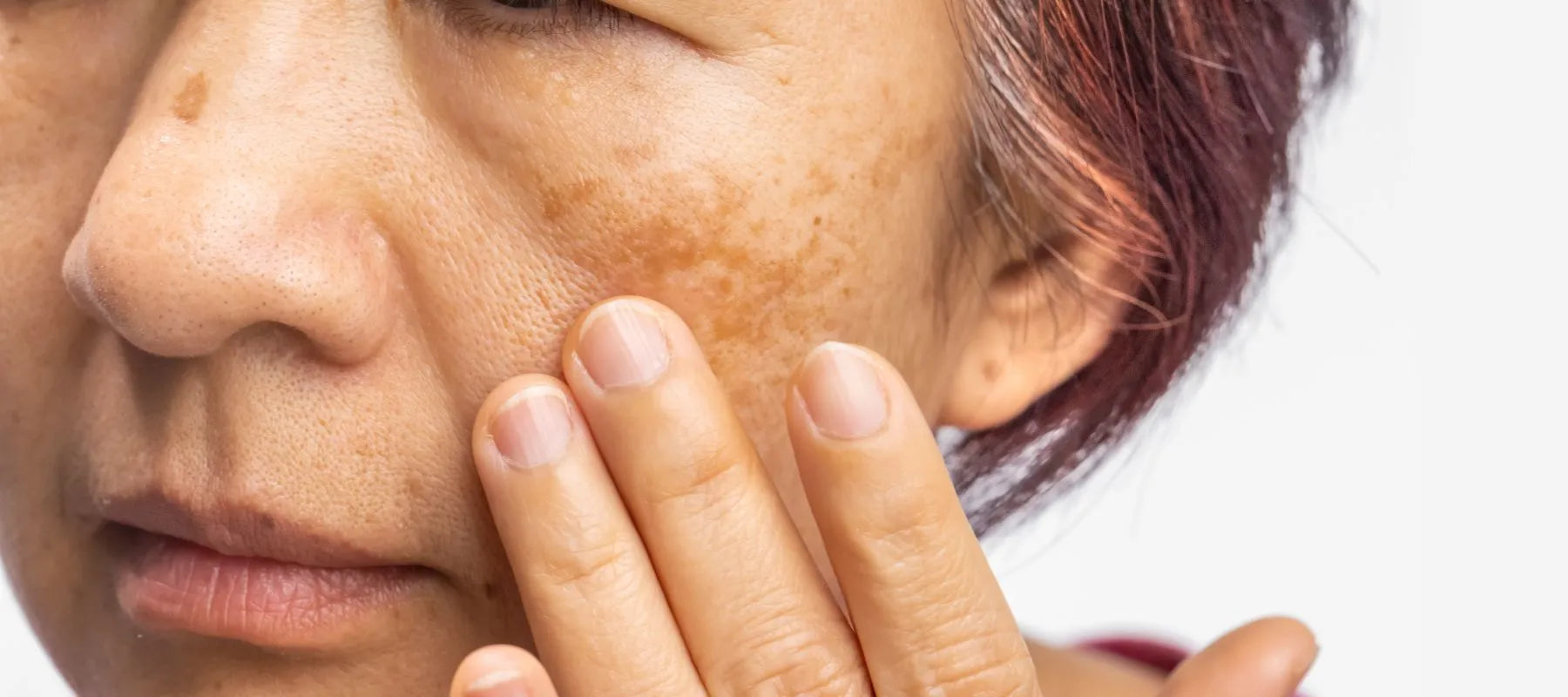

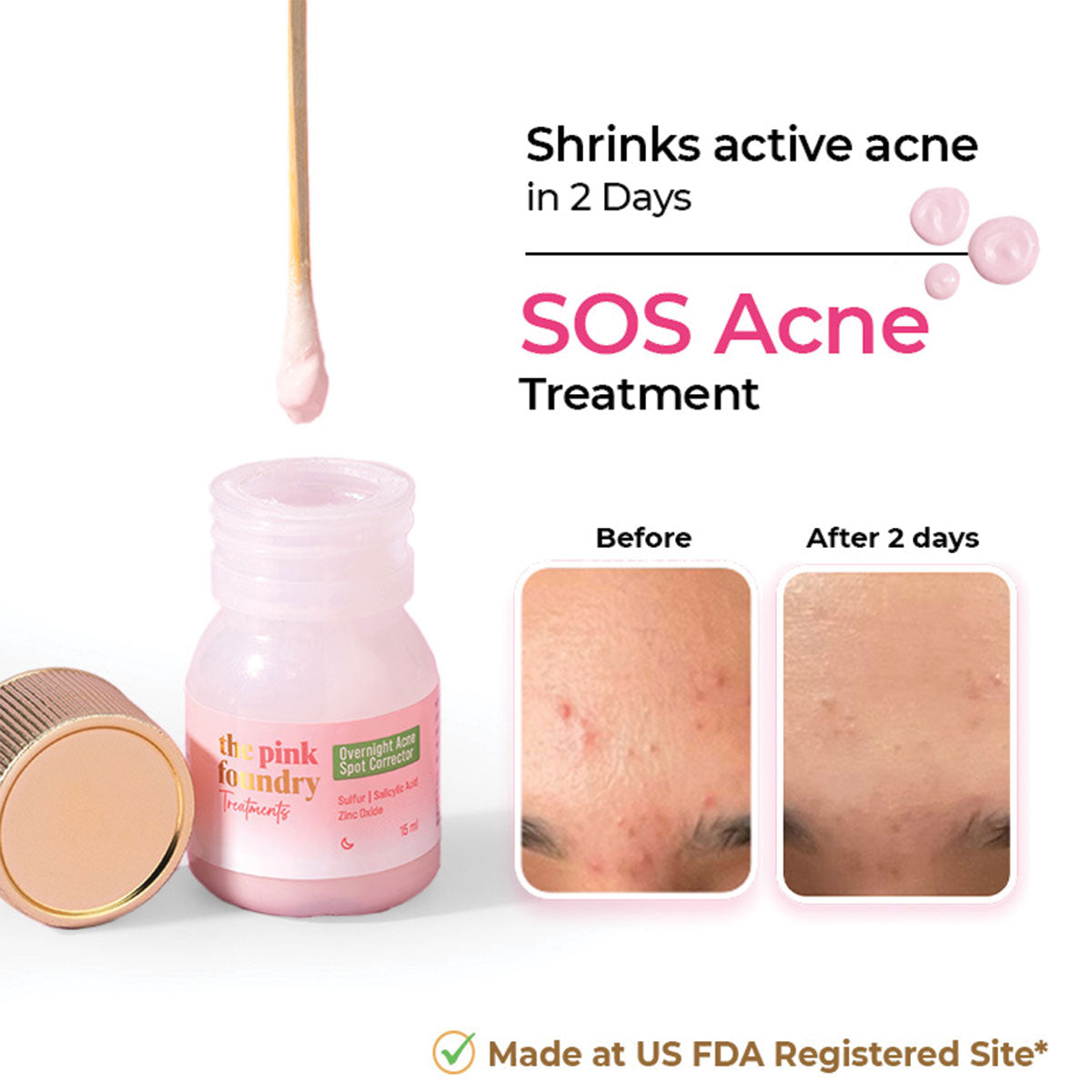
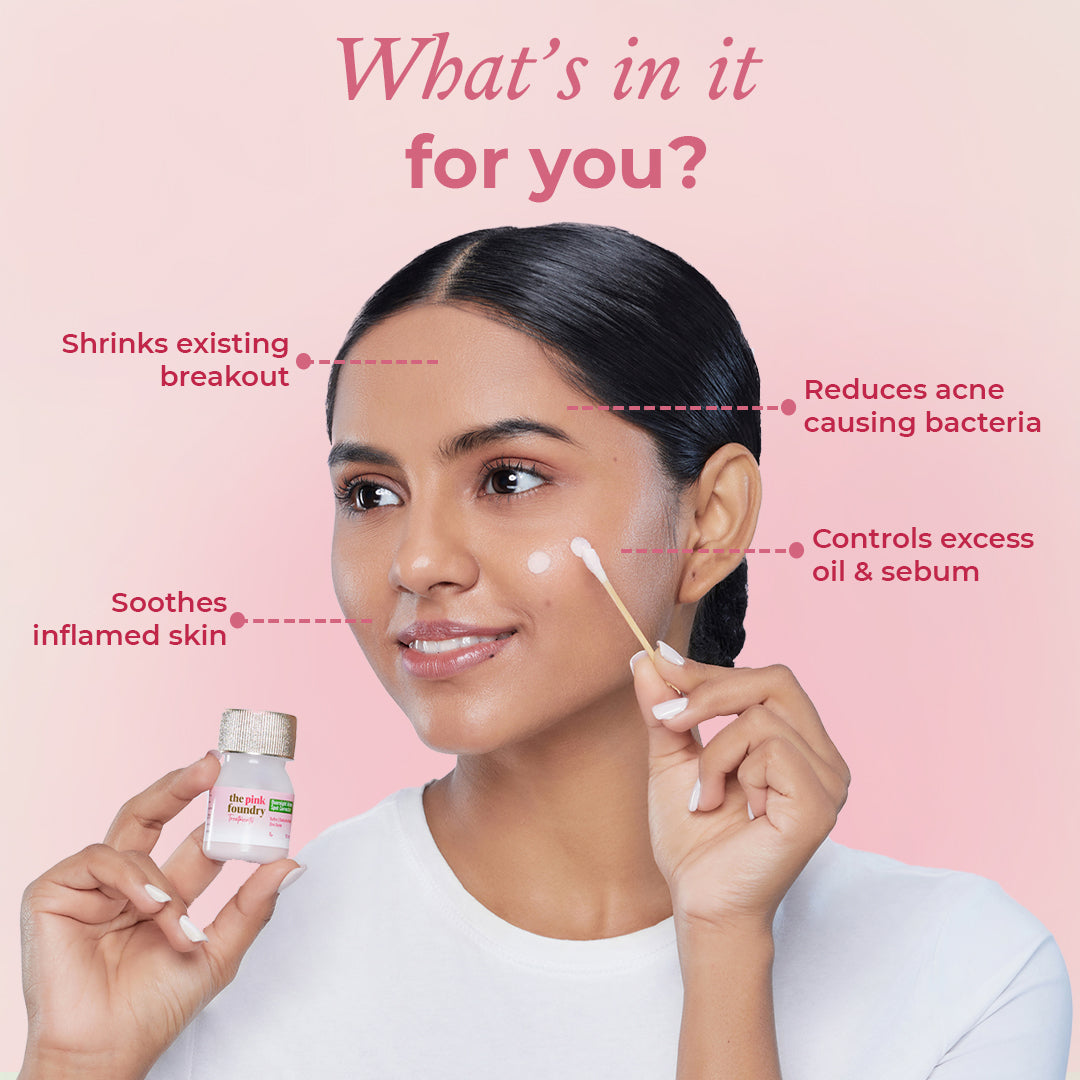


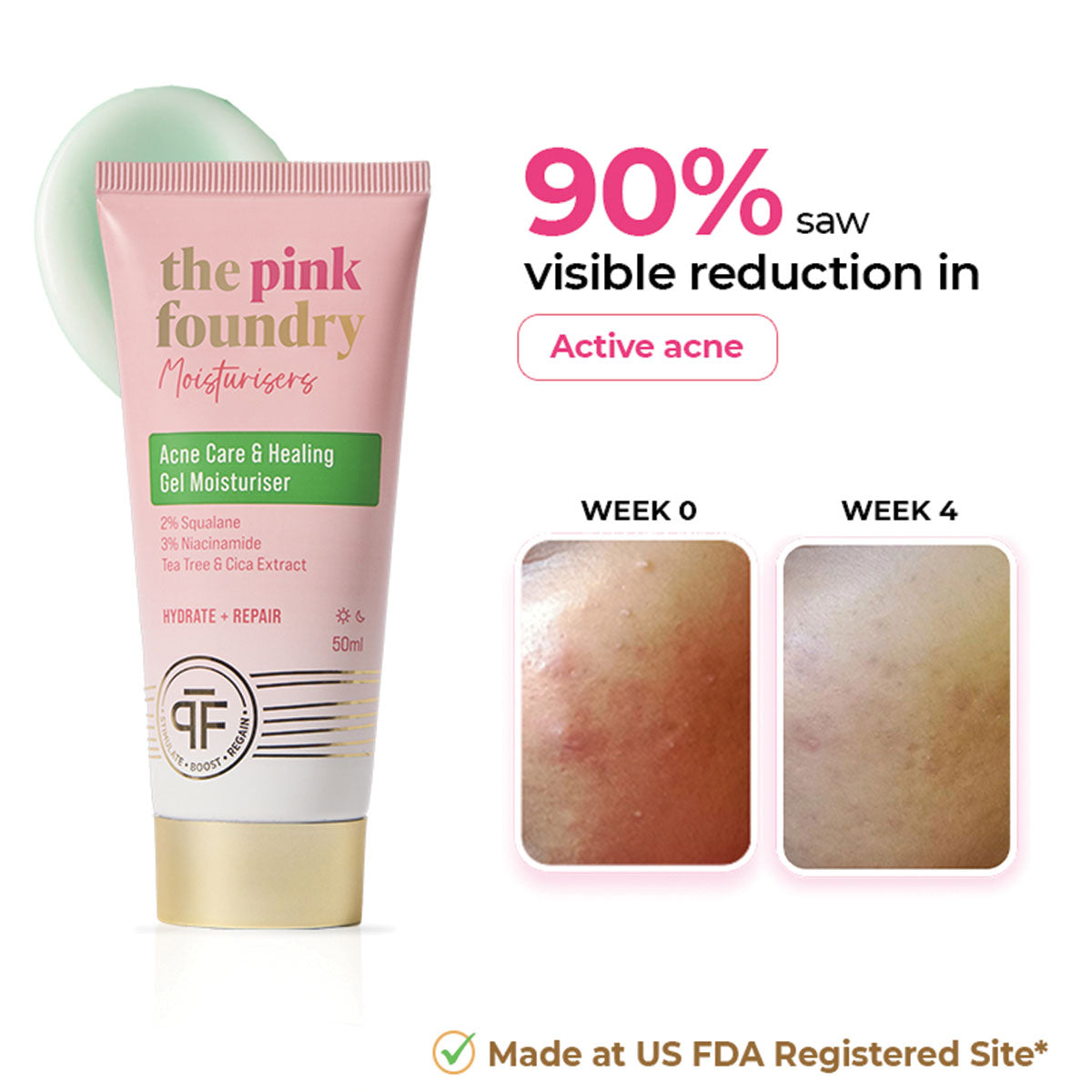
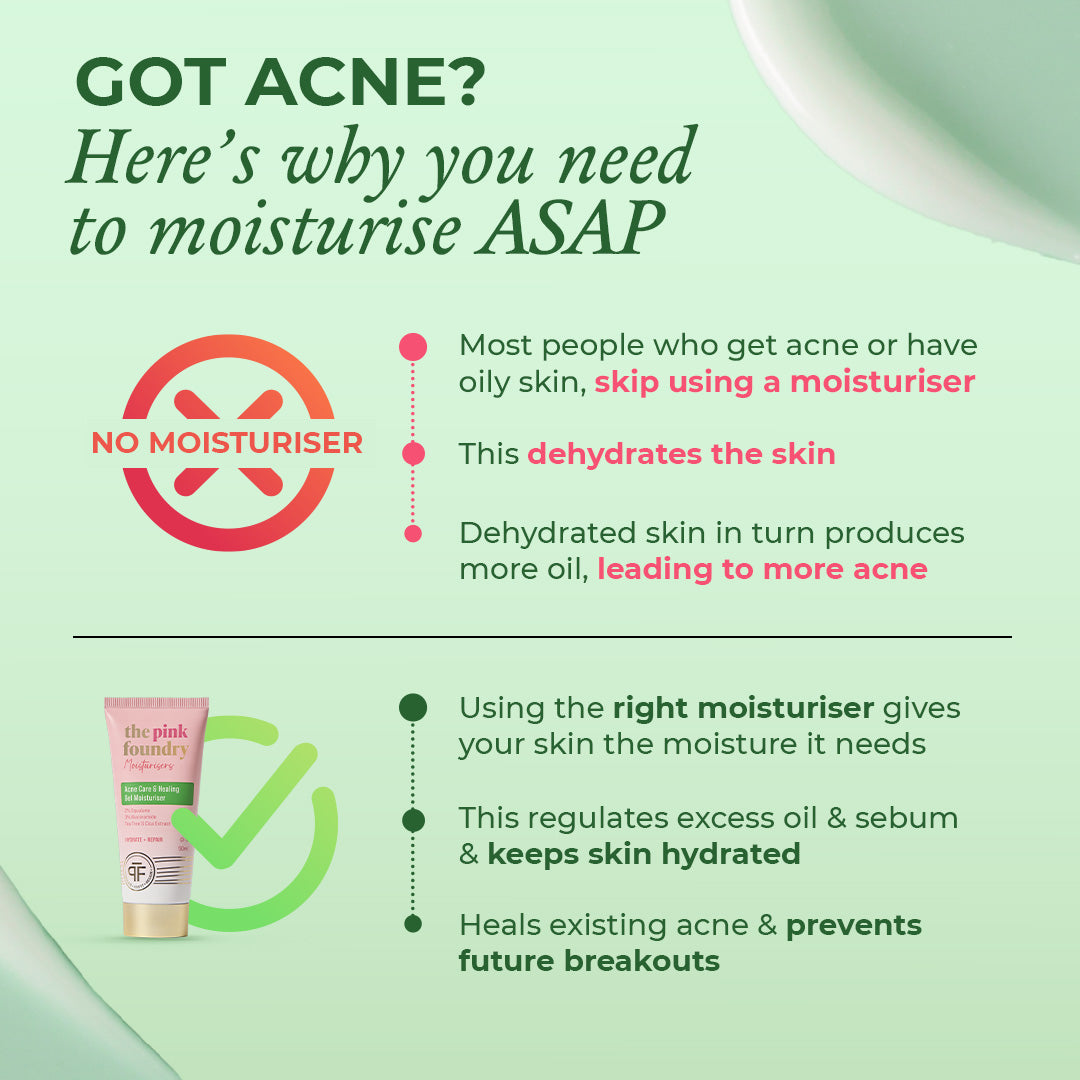










Leave a comment
This site is protected by hCaptcha and the hCaptcha Privacy Policy and Terms of Service apply.